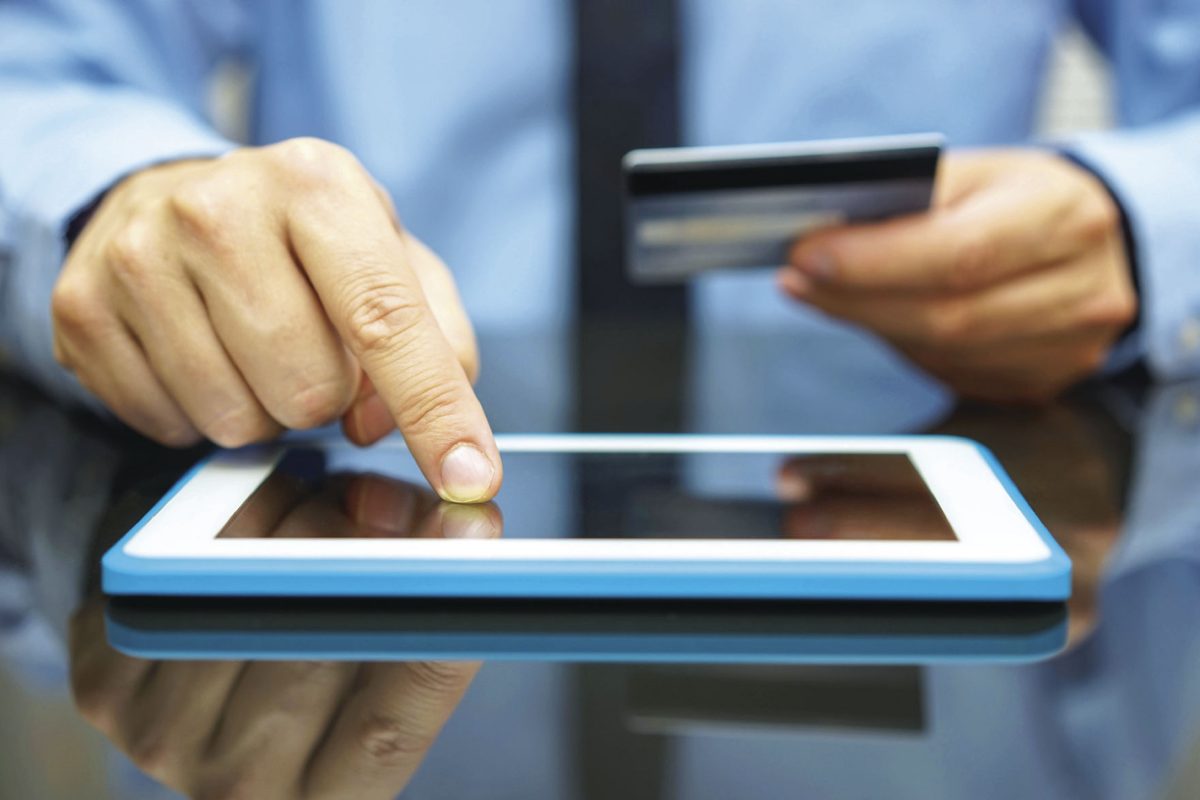
HARLINGEN — Now you know.
The announcement of the Equifax records breach should remind all of us, we are always at risk of identity theft that could cause us significant financial implications.
If you don’t know, Equifax is one of the top three credit bureaus. They have your personal information such as Social Security number, address, birthdate and driver’s license numbers.
This hack resulted in records of 143 million people being exposed, meaning there’s a good chance, scammers have this identifying information.
That means thieves could use it to impersonate you and conduct fraud against you.
It’s also why those in the financial industry, such as Missy Morrow of RGV Credit Union, say you need to be more aware of what is on your credit report than ever before.
“This is the electronic world we live in,” she said.
However, Morrow added the electronic world we live in also allows for more access to your banking, credit and financial information than ever before.
That allows customers to regularly keep tabs on financial information, which Morrow suggests strongly.
Most banks offer phone and internet access to their bank account and activity, along with mobile banking that allows customers to access their accounts, move money and keep tabs on balances in almost real time.
If something happens in the near future with your credit or an identity theft, Morrow suggests you contact Equifax. She said they are offering options for people regarding the issues the breach has caused.
Here is what a criminal could do with the vital information obtained from the Equifax breach.
• Open financial accounts
• Apply for credit cards, mortgages and other financial services
• Get medical care at your expense
• File for a tax refund in your name
• Get a job in your name and let you pay the taxes
• Steal your benefits
This could be one of the biggest and most consequential breaches in history. Understand, nearly all U.S. adults have their credit histories with Equifax and the other two credit bureaus – Experian and Transunion.
Someone may have your Social Security number, address, birthdate and driver’s license number – all critical information used by identity thieves to impersonate people and conduct fraud. Here is what you can do to safeguard your financial future. Click on each image above to read what you can do.
143 million – number of people recent Equifax breach may have affected
177 million – personal records in 2015 that were exposed
780 – number of 2015 reported data breaches
17 minutes – the time it takes a computer to crack 1,000 weak passwords
500,000 – number of children who suffer from identity theft every year
1. Stay vigilant – Freezing your credit will provide peace of mind, but you should always continue to keep an eye on your credit. RGV Credit Union CEO Missy Morrow said she uses CreditKarma, an online credit service that is free. It provides alerts and regular updates to keep an eye on your credit. Other options include signing up for ID theft protection monitoring through companies such as LifeLock.
2. File your taxes as early as possible each year – For multiple years, financial companies have heard about victims of tax return fraud. That’s when a scammer uses your personal information to file a fake return in your name before you can. It causes significant problems with the IRS that can take months or longer to fix. So, don’t wait on this one.
3. Create a secret email address for your financial accounts – Our email address is the key to our digital lives. We share it with countless entities without thinking twice. But having your email addresses in so many databases puts you at a significant risk. Hackers routinely breach the security networks of many organizations that hold your primary email address. So, create another email for your financial accounts. It should be unidentifiable and not include your names, initials or any other identifying information. Make sure it is a strong and unique password.







